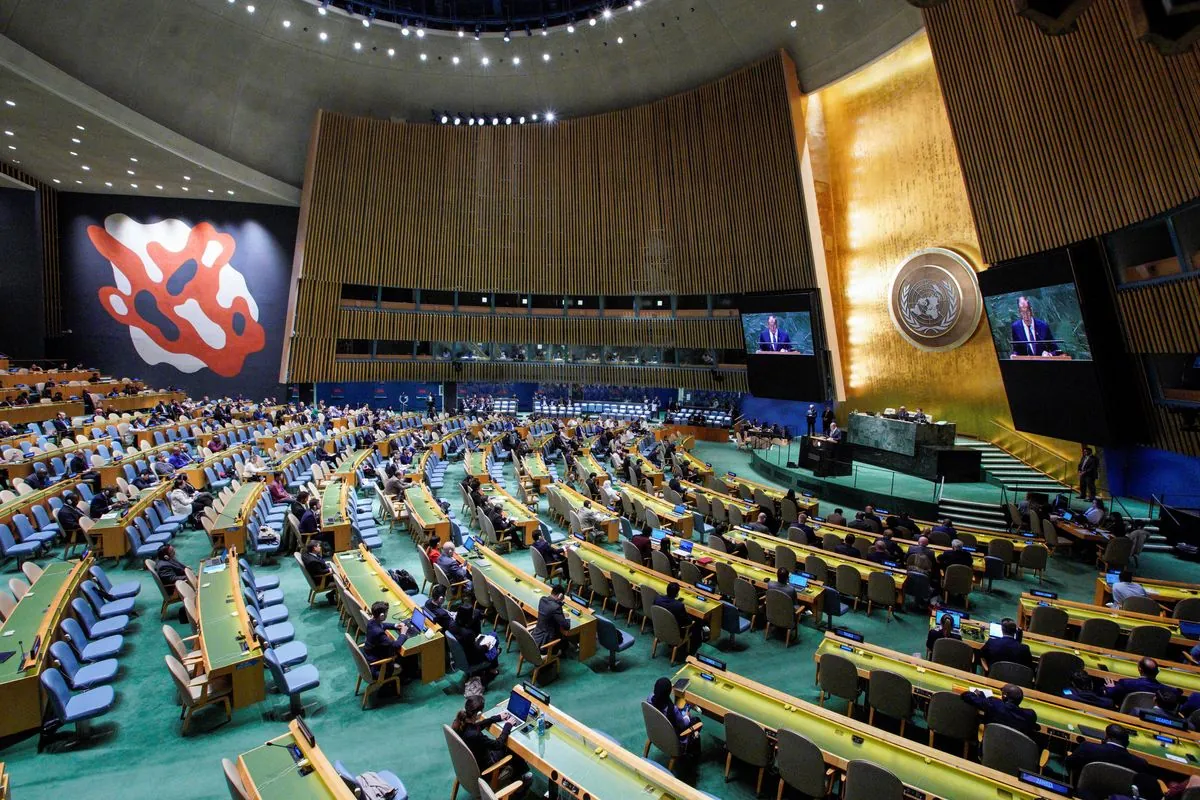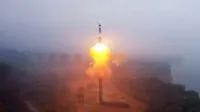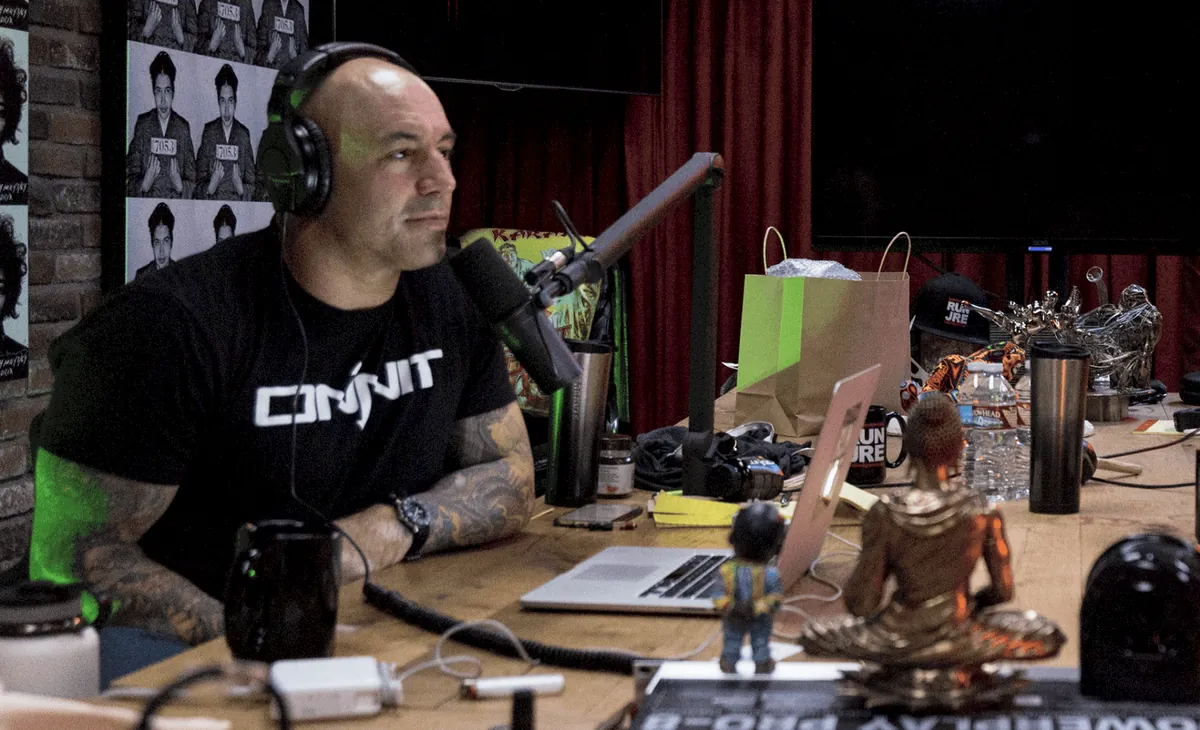UK to Transfer Chagos Islands to Mauritius, Preserving US Military Base
Britain agrees to cede sovereignty of Chagos Islands to Mauritius while maintaining US-UK military base on Diego Garcia. Deal ends decades-long dispute over former colony, allowing Chagossian resettlement.
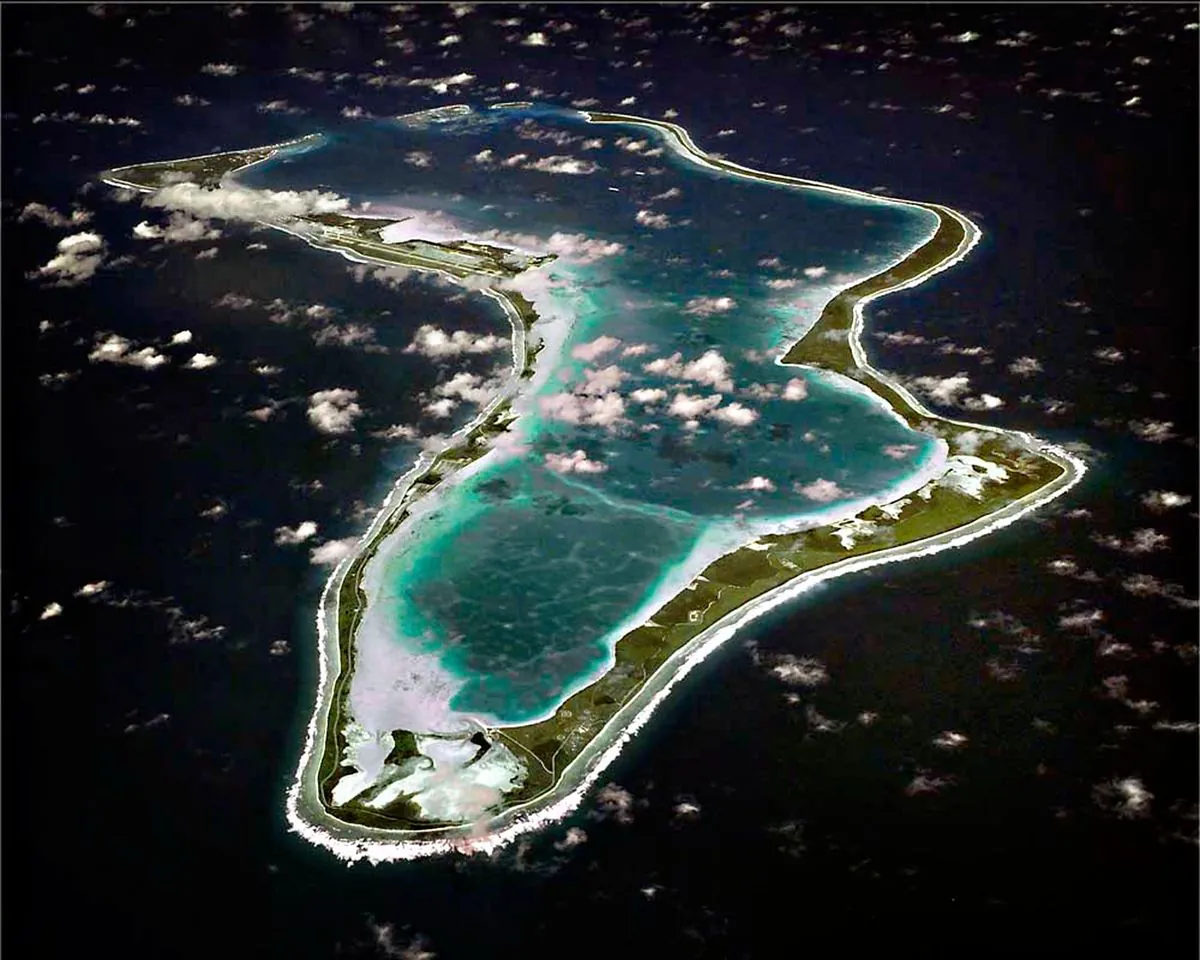
In a landmark decision, the British government has announced its intention to transfer sovereignty of the Chagos Islands to Mauritius, marking the end of a protracted dispute over Britain's last African colony. This agreement, revealed on 2024-10-03, maintains the crucial US-British military base on Diego Garcia while addressing long-standing concerns about colonial legacy.
The Chagos Archipelago, consisting of seven atolls with over 60 tropical islands, has been a point of contention since the 1960s when Britain separated it from Mauritius prior to granting the latter independence. The largest island, Diego Garcia, spans approximately 17 square miles (44 km²) and hosts a strategically vital US military installation established in 1966.
Under the new arrangement, Mauritius will gain sovereignty over the archipelago, with the exception of Diego Garcia. The agreement includes a 99-year lease for the island, ensuring the continued operation of the military base under US and UK control. This facility has played a significant role in various conflicts, including the Gulf War, Iraq War, and the War in Afghanistan.
Pravind Jugnauth, Prime Minister of Mauritius, and British Prime Minister Keir Starmer described the deal as a "historic political agreement." It includes provisions for financial support to Mauritius and a partnership for infrastructure development. The agreement also allows for the resettlement of Chagossians on islands other than Diego Garcia.
The forced eviction of 1,500 to 2,000 Indigenous inhabitants from the Chagos Islands in the 1960s and 1970s to facilitate the base's construction has been a source of controversy. Human Rights Watch has characterized this displacement as a "crime against humanity." The 2019 advisory opinion by the International Court of Justice stated that Britain's continued administration of the archipelago was unlawful.
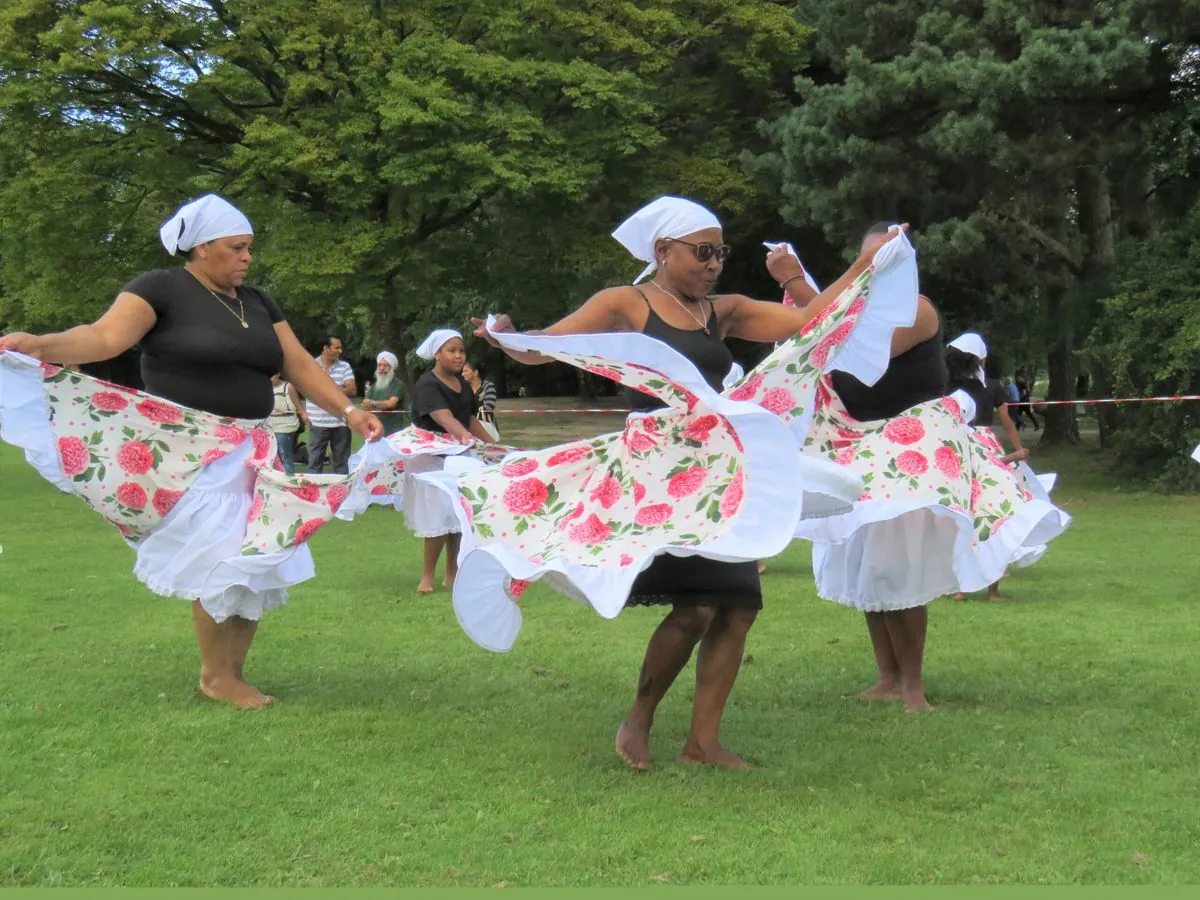
US President Joe Biden welcomed the agreement, emphasizing the base's "vital role in national, regional, and global security." The facility serves as a naval logistics, communications, and refueling hub, with a runway capable of launching long-distance bombers.
The Chagos Islands boast remarkable biodiversity, being home to the world's largest land arthropod, the coconut crab, and designated as an Important Bird Area. In 2010, the UK established one of the world's largest marine protected areas around the archipelago, encompassing at least 784 fish species and 310 coral species.
Despite the diplomatic breakthrough, Chagossian community organizations have criticized the lack of consultation in the negotiation process. "Chagossians have learned this outcome from the media and remain powerless and voiceless in determining our own future and the future of our homeland," stated Chagossian Voices, demanding inclusion in the treaty drafting.
The agreement marks a significant step in British decolonization efforts, though contested territories like Gibraltar and the Falkland Islands remain. As one of the most remote places on Earth, over 1,000 miles from the nearest continental landmass, the Chagos Islands continue to hold geopolitical and ecological significance in the Indian Ocean region.
"Chagossians have learned this outcome from the media and remain powerless and voiceless in determining our own future and the future of our homeland."
This historic transfer of sovereignty not only resolves a decades-long dispute but also highlights the complex interplay of colonial legacies, military strategic interests, and the rights of Indigenous peoples in the modern geopolitical landscape.






























